The Best Places for Safe and Secure Bitcoin Storage
The history of Bitcoin really started in 2008, but was only made public in 2009. For over a decade, Bitcoin has evolved and created a whole new era amongst the digital world. Now that it has become one of the biggest markets, people become to start getting serious about how to safely guard their coins. Unlike real currencies, everything about Bitcoin and its derivatives exist only in the virtual world, so the storage of them can be made quite difficult. Security and privacy being the main issues here. So, here is the question: How can one safely store Bitcoin, and its relatives? The answer would be “Cryptocurrency Wallet”, or simply “Crypto Wallet”.

What are the Safest Ways to Store Bitcoin?
As with all currencies, real or virtual, we use wallets to store them, to keep it safe from thefts. For Bitcoin and its alternatives, we have specific crypto currency wallets developed to keep them safe as well. Like all other wallets, these digital, or cyber wallets are for storing as well as serving the purpose for cryptocurrency trading. For an investor to trade cryptos in the markets, each must have a wallet set-up, but we will talk about more on this topic in another article, right now, let us get back to the wallets.
As its name can tell, Bitcoin wallets are basically software programs set-up on the network. A virtual safe-house to record each coin owner’s transaction balances. In order to get access to these information, one has to have a private key. To choose the most suitable wallet to keep safe your coins, below is a simple outline of the features of wallets available, perhaps after take a skim through of it you can get a better idea of which one to choose for your own good.
So, before diving in too fast, there are two types of storage, or two main streams of wallet out there, namely hot and cold storage, or hot and cold wallets. Hot wallets are digital wallets which one stores their cryptos online. They are easy to access, as long as there is network and a computer or mobile, and they are free. Cold wallets are physical devices with which one stores cryptos in. They are portable, easily accessible and discretion is ensured. However, one major drawback would be its pricing. Since cold wallets are physical devices, they bear a price, and the lowest marked price is approximately $100. Unlike hot wallets, unlimited space on the internet for storage, cold wallets have a limitation to the amount of coins each one could pocket.
So much being said, what exactly are the members of these two types of coin wallet?
Which is the best crypto wallet? The most popular hot wallets are online wallets, mobile wallets and desktop wallets. As for cold wallets family, the two most famous members are hardware wallets, and paper wallets.
Cold Vs Hot
Hot Storage
Hardware Wallets
A cryptocurrency hardware wallet is a security device you can carry around and can use to safeguard your private key. It is by far the most effective storage method in eliminating the risks of exposing your coins to the prying eyes of thefts, at the same time provides easy access to your own coins. With hardware wallets, users simply find a computer, plug the devise into a USB port, and you can get started from there. Throughout the development history of these wallets, it has rarely been reported to have virus attacks, let alone Bitcoin thefts relating to these wallets. Here are three of the most well-known hardware wallets, KeepKey, Ledger (Nano S) and Trezor.
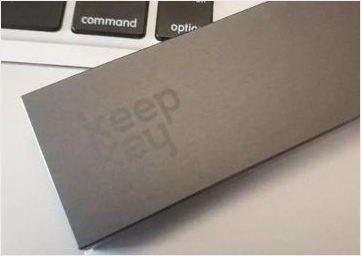
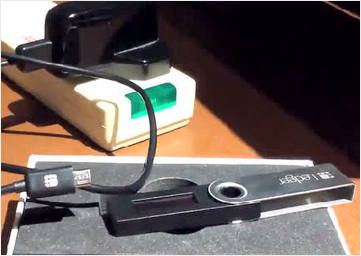
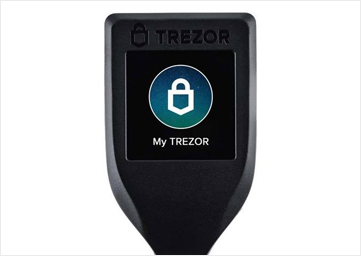
Paper Wallet
n order to fully protect the rights and interests of our users, D Coin Trade digital currency wallet also fully considers the current market digital currency exchange rate problem, by adopting a service fee for as low as 1% and unlimited transaction amounts, we believe it can fully resolve trading and transaction issues for global trading enterprises, as well as businesses operating in certain industries.
Cold Storage
Desktop Wallets
It’s name spells out the story already, a desktop wallet is installed on a desktop and to be used by accessing the desktop. It does not have to be connected to the internet Unlike online wallets, desktop wallets would only be accessed via your private computer, with your private keys stored only on this particular machine. These wallets appear as an address for the user to send and receive Bitcoins, and allow users to store their private keys as well.
Examples of some of the most popular desktop wallets are Bitcoin Core, MultiBit, Armory, Hive OS X, and Electrum.
Mobile Wallets
Taking on similar features as desktop wallets, mobile wallets executes transactions in stores, physical stores, shops via “touch-to-pay”, or scanning of a QR code. These wallets are at them moments only made IOS and Android system compatible, so any other devices which do not run on either of those two systems might not be able to acquire mobile wallets. Mobile wallets perform the same functions as a desktop wallet.
Bitcoin Wallet, Hive Android, and Mycelium Bitcoin Wallet are examples of mobile wallets.
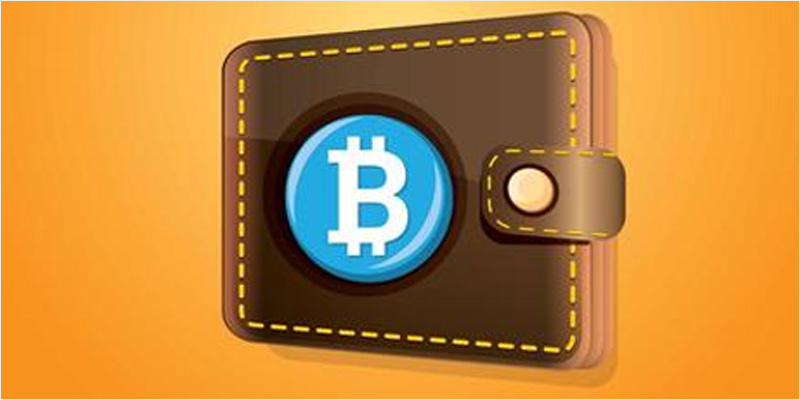
Online Wallets
Online wallets allows access of crypto transactions to take place where ever and when ever there is network available with the use of a browser or mobile devices. Due to easily accessible feature of online wallets, it is important to do plenty of researches before selecting which online wallet to use.
Some of the the popular online wallet providers you can research on are Coinbase and Blockchain.
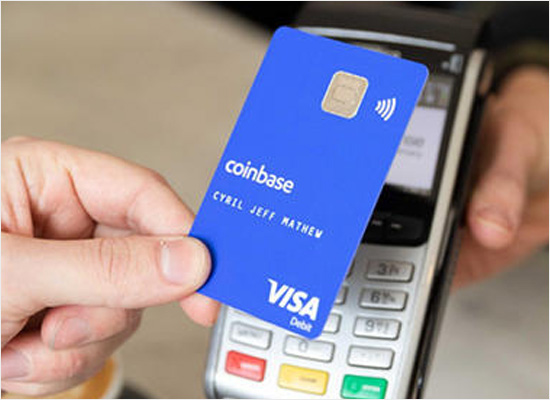

Best Cryptocurrency Wallet
【Exodus】Recommened Hot Wallet for Beginners
【Ledger Nano X】Recommened Hardware Wallet (Cold Wallet)
【Electrum】Recommened Hot Wallet for Advanced Users
【Mycelium】Recommened Hot Wallet for Mobile Userst
【Trezor Model T】Recommened Hardware Wallet For a Large Number of Cryptocurrencies (Cold Wallet)
【Ledger Nano S】Recommened Bang For Your Buck Hardware Wallet (Cold Wallet)
There are pros and cons to each different types of wallets, lots of researches and reading before making a selection of which one best suits your usage habits and purpose is highly recommended.